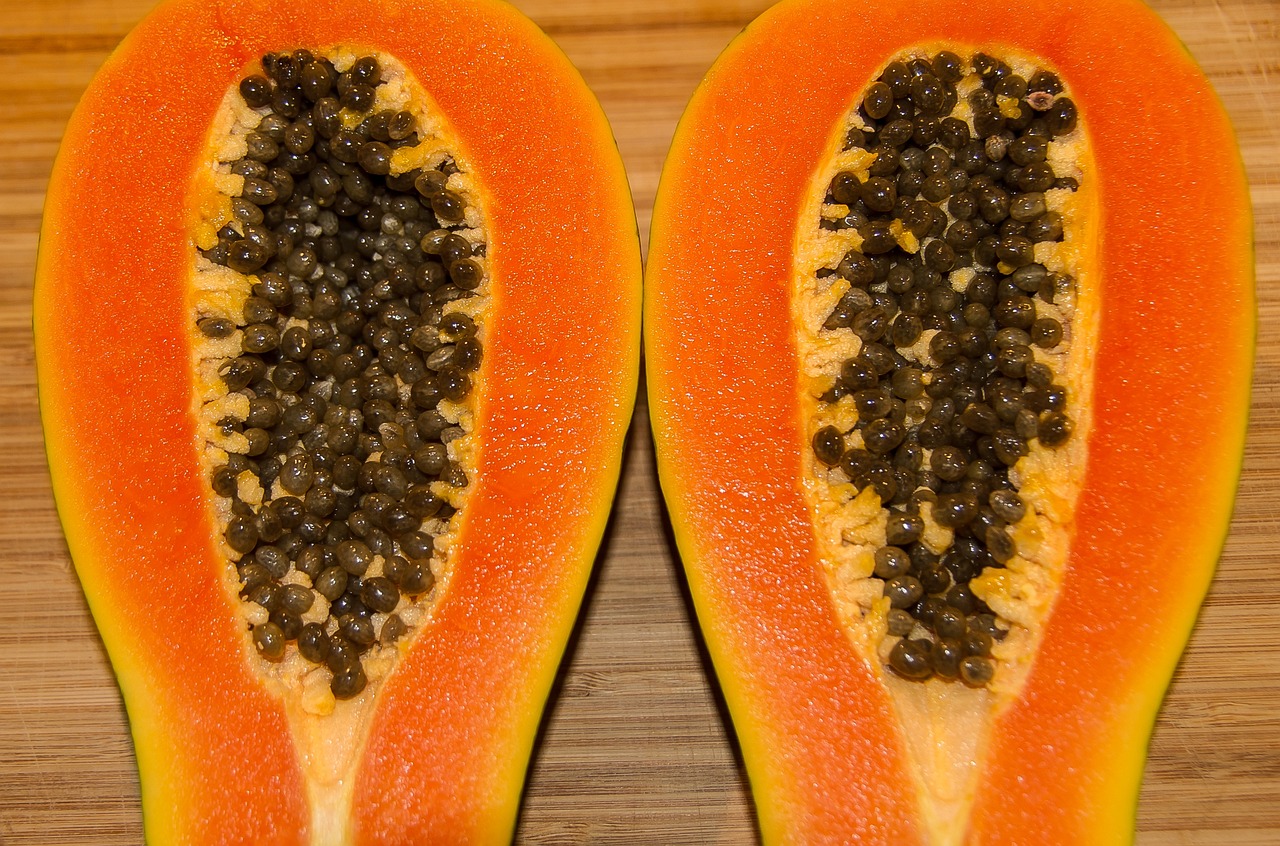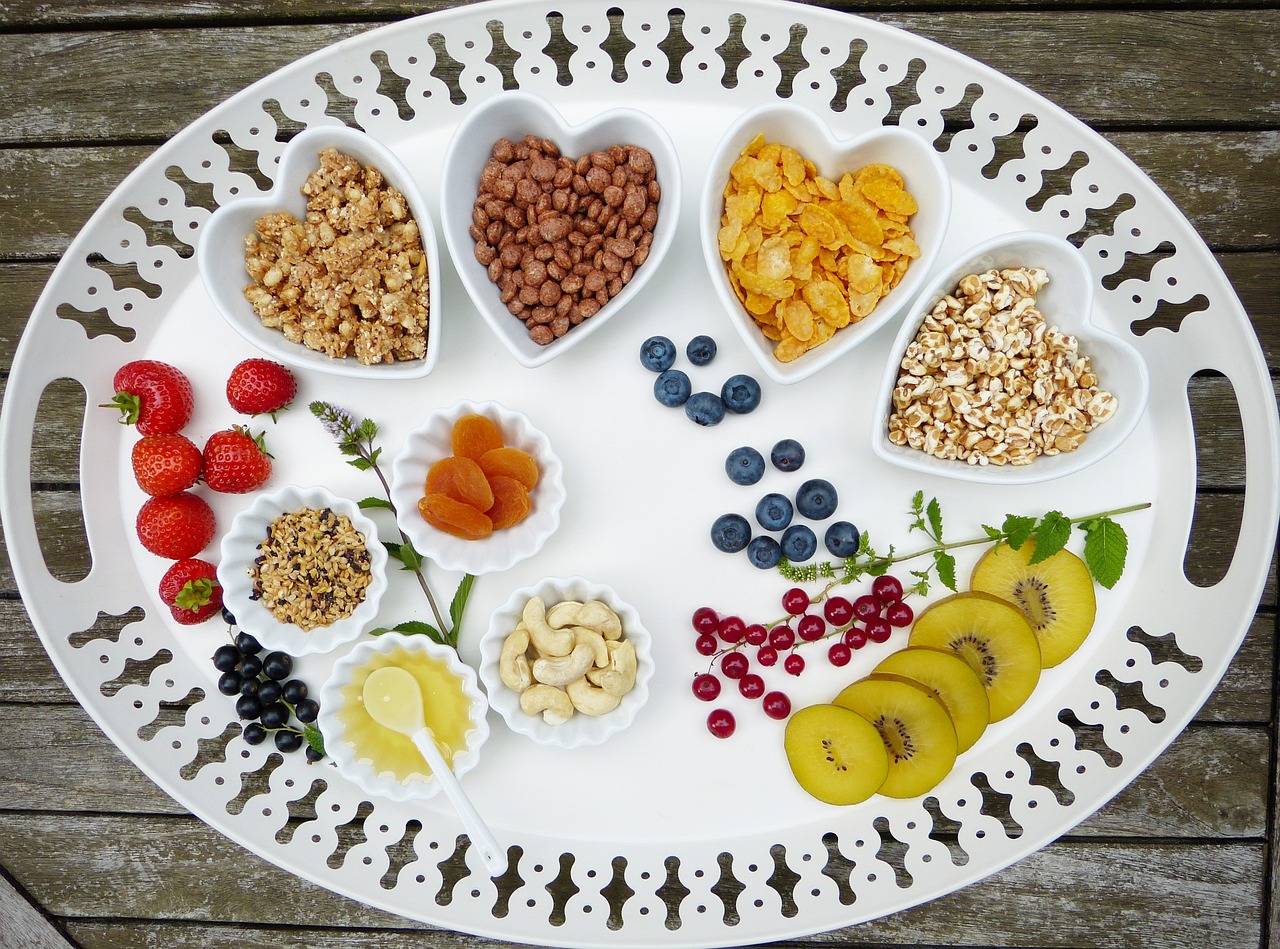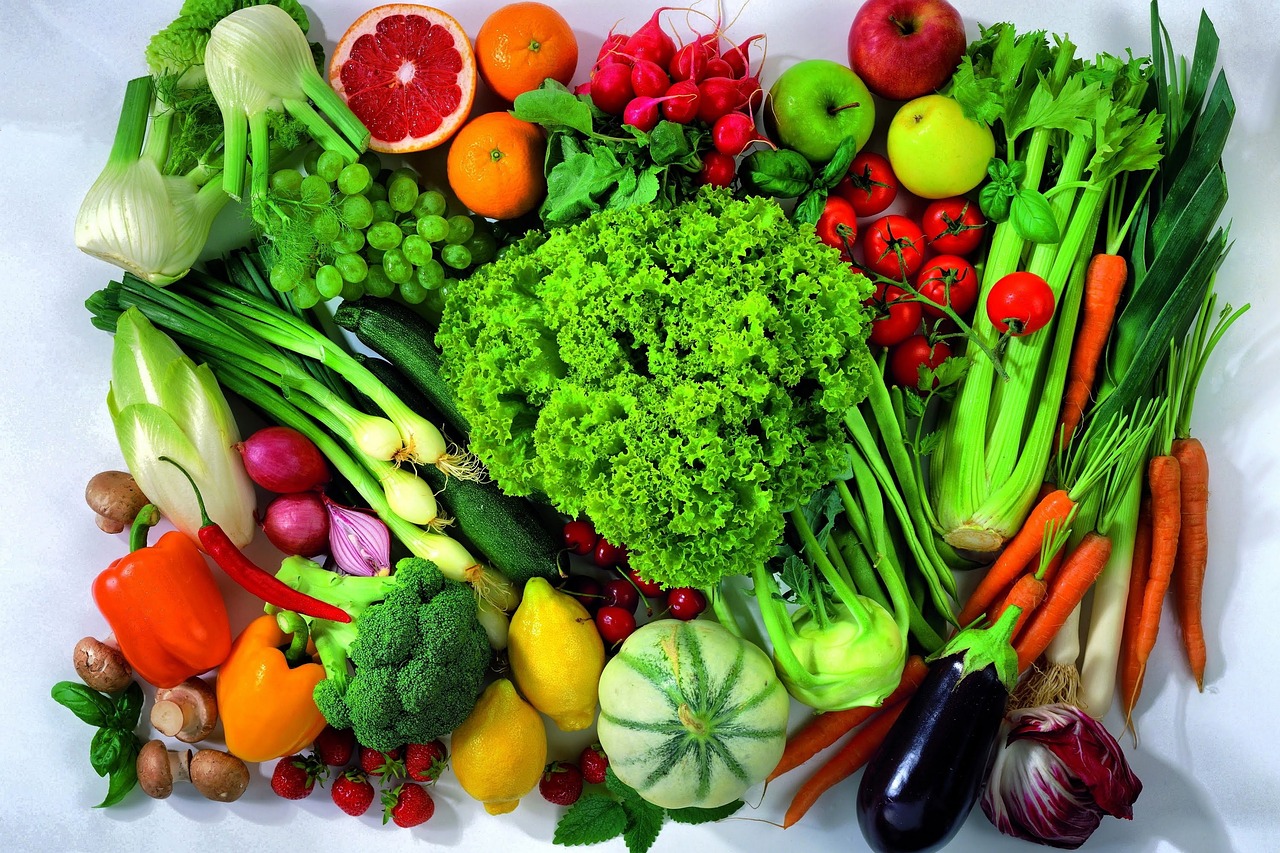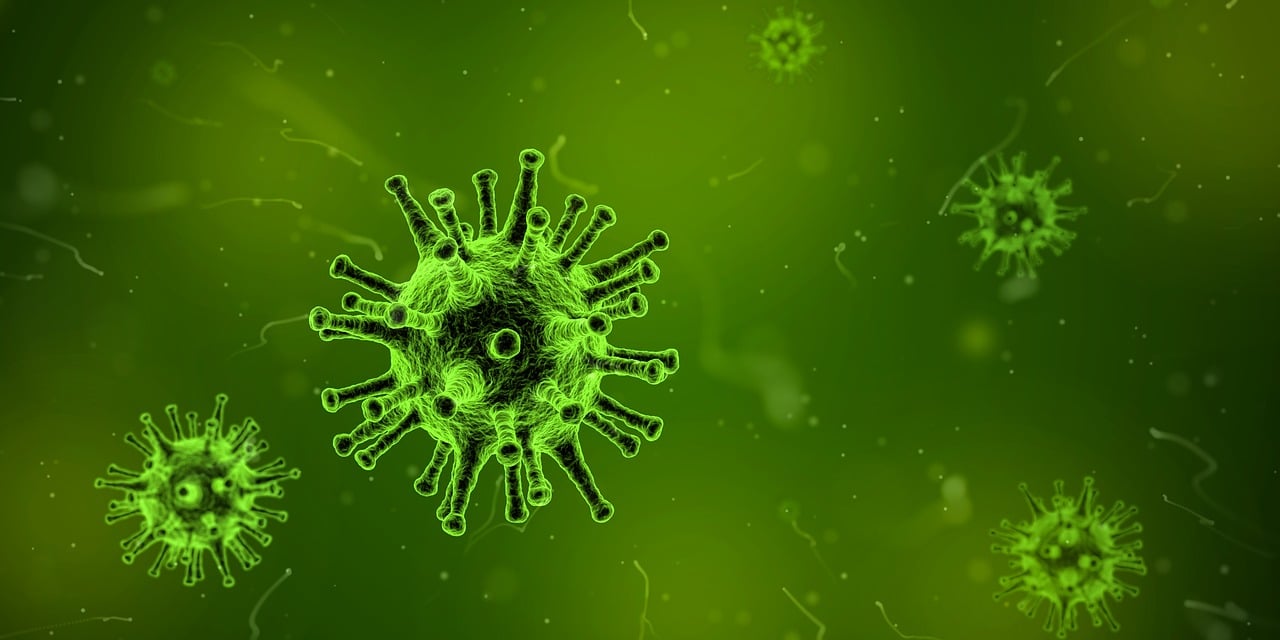Caffeine: Navigating the Balancing Act
In today's fast-paced world, caffeine often plays a starring role in our daily routines. Whether it's kickstarting our mornings with a fresh brew, powering through midday slumps with an energy drink, or unwinding after work with an espresso martini, caffeine is a ubiquitous companion.
As the adage goes, "everything in moderation." Indeed, there are both beneficial and detrimental ways to incorporate caffeine into our lives. Johns Hopkins Medicine underscores the positive effects of moderate coffee consumption, linking it to longevity, enhanced liver function, and a reduced risk of Alzheimer's, Parkinson's, strokes, and colon cancer.
However, like many good things, indulging in caffeine can have its limits. The burning question arises: How much is too much?
According to registered dietitian Jordan Hill, the recommended daily caffeine intake hovers around 400 milligrams. Nevertheless, Hill suggests aiming for a slightly lower threshold of 300 milligrams, especially for individuals sensitive to caffeine's effects.
With a standard 8-ounce cup containing approximately 100 milligrams of caffeine, it's wise to heed the advice and resist that extra refill. Yet, coffee isn't the sole culprit; various teas, sodas, energy drinks, supplements, and even chocolate harbor caffeine.
"Each of these items harbors differing caffeine concentrations," notes Hill, cautioning against unwittingly surpassing the recommended limit through cumulative consumption.
Exceeding 400 milligrams per day may invite a slew of unwelcome side effects, including headaches, insomnia, nervousness, irritability, rapid heartbeat, and muscle tremors. Prolonged overindulgence could escalate these symptoms and potentially lead to high blood pressure, gastrointestinal issues, and, in extreme cases, fatalities.
Technically classified as a stimulant, caffeine propels the central nervous system into overdrive, bolstering energy levels. Its effects manifest within 45 minutes of ingestion, lingering in the bloodstream for up to nine and a half hours, subject to variables like food intake, smoking habits, and hormonal factors.
"We can develop a tolerance to caffeine, necessitating higher doses to achieve the same effects," Hill explains, highlighting the short-term perks of heightened alertness and productivity. However, this escalating caffeine intake also amplifies the risk of adverse effects.
Concerned about caffeine consumption? Hill advocates for practical strategies to curtail coffee consumption:
- Alternating between caffeinated and decaffeinated coffee
- Opting for a blend of decaf and regular coffee
- Transitioning to tea, which boasts lower caffeine content
- Supplementing coffee intake with water to quench thirst, promoting hydration over another cup
For children aged 11 and under, Hill emphasizes zero caffeine intake, with a cap of under 100 milligrams daily for those aged 12 to 17. Parents should remain vigilant, as caffeine lurks in not just coffee but also soda, chocolate, over-the-counter medications, and coffee-flavored treats.
Sleep disturbances top the list of concerns regarding children and caffeine, jeopardizing cognitive function and impeding development.
Amidst concerns about caffeine intake during pregnancy, Hill advises limiting consumption to under 200 milligrams per day. While caffeine's vasoconstrictive effects on uterine and placental blood vessels pose potential risks, moderate intake appears safe, with no heightened incidence of gestational diabetes, preeclampsia, or hypertension.
Mayo Clinic provides a breakdown of caffeine content in popular 8-ounce beverages, offering insight into our daily caffeine intake:
- Brewed coffee: 96 milligrams
- Brewed decaf coffee: 2 milligrams
- Instant coffee: 62 milligrams
- Instant decaf coffee: 2 milligrams
- Black tea: 47 milligrams
- Black decaf tea: 2 milligrams
- Green tea: 28 milligrams
- Bottled tea: 19 milligrams
- Cola: 22 milligrams
- Root beer: 0 milligrams
- Citrus soda: 0 milligrams
- Energy drink: 71.9 milligrams
- Energy shot: 215 milligrams
Espresso shots contain approximately 64 milligrams of caffeine, while decaf versions offer a caffeine-free alternative.
In the labyrinth of caffeine consumption, moderation emerges as the guiding principle, ensuring the benefits outweigh the risks. With mindful choices and prudent limits, we can savor the perks of caffeine without succumbing to its pitfalls.










